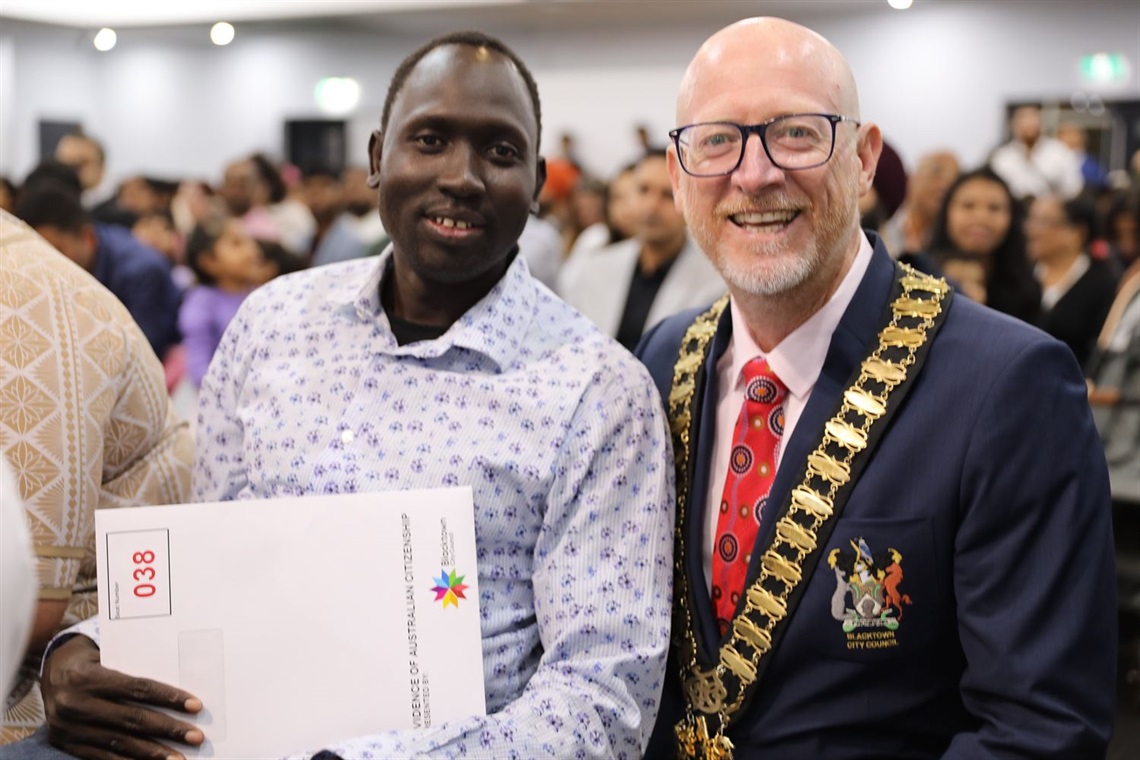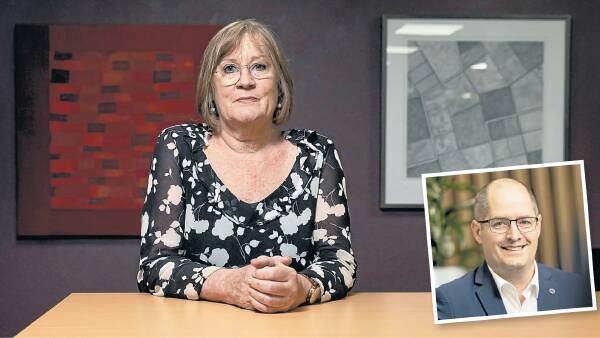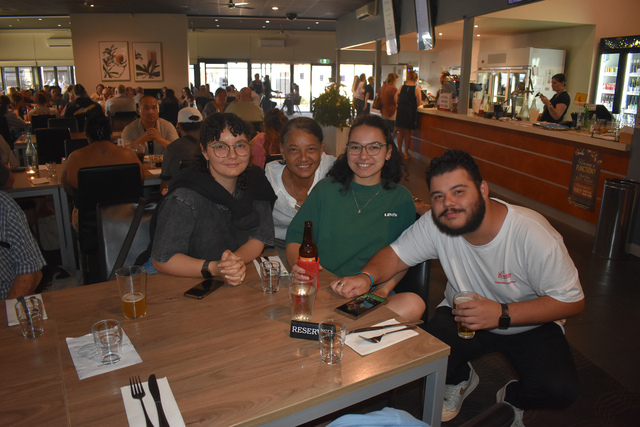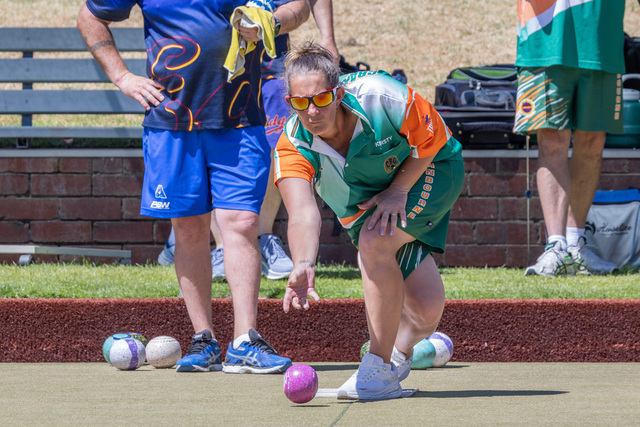
Five former players of Canada’s world junior hockey team were acquitted of sexually assaulting a woman in a hotel room in 2018. This decision, delivered by Ontario Superior Court Justice Maria Carroccia, underscored the ongoing challenges faced by survivors of sexual assault in navigating the legal system. Justice Carroccia stated that the Crown failed to prove its case, deeming the victim’s testimony as lacking credibility and reliability.
This verdict has reignited discussions about the inadequacies within legal institutions when addressing sexual violence, a concern long voiced by advocates and researchers. The outcome of this high-profile case highlights the urgent need to confront and dismantle pervasive rape myths that persist in society.
Sexual Violence in Canada and Barriers to Justice
Sexual violence, a significant form of gender-based violence, remains a pressing issue in Canada and worldwide. According to Statistics Canada, approximately 4.7 million women in the country have experienced sexual assault since the age of 15. Despite these alarming figures, many survivors do not report their experiences due to various barriers. Factors such as lack of knowledge about available resources, feelings of shame and stigma, and inadequate services contribute to this silence.
Victims often face challenges when they do seek assistance. Many prefer to disclose their experiences to informal support systems, such as friends or family, rather than formal channels. Reactions to these disclosures can significantly impact a survivor’s mental health. When a disclosure is met with support, survivors may find it easier to seek further help. In contrast, dismissive or blaming responses can hinder recovery and discourage future disclosure.
The Impact of Rape Myths and Media Representation
Rape myths, which are false beliefs that minimize the severity of sexual violence, continue to circulate widely. These myths include notions that rape is rare and typically committed by strangers or that victims provoke assaults through their clothing or behavior. Such misconceptions not only distort public understanding but also contribute to lower reporting and conviction rates.
Media representation plays a critical role in perpetuating these myths. High-profile trials, such as those involving Jian Ghomeshi and Harvey Weinstein, shape public perceptions of sexual violence and survivors. Recent studies indicate that coverage of controversial cases, such as the Brett Kavanaugh confirmation hearings, has resulted in increased victim-blaming attitudes and emotional distress among survivors.
Following the Hockey Canada case, Ontario’s sexual assault centers reported a surge in calls to their crisis and support lines, further illustrating the potential for media coverage to retraumatize victims. Service providers noted that many inquiries involved concerns about the societal attitudes that survivors encounter when they attempt to report sexual violence.
The growing awareness of sexual violence, partly driven by movements like #MeToo, highlights the importance of challenging these harmful myths. It requires a collective effort from individuals and institutions, including the media and legal systems, to promote accurate information and supportive responses.
Addressing these misconceptions and fostering a culture of support for survivors is essential in the fight against sexual violence. Continuous education and proactive measures from both public and private entities can help dismantle the barriers that prevent survivors from seeking justice and healing.







